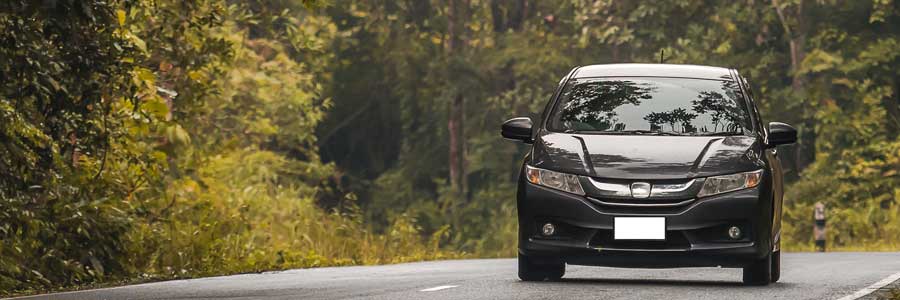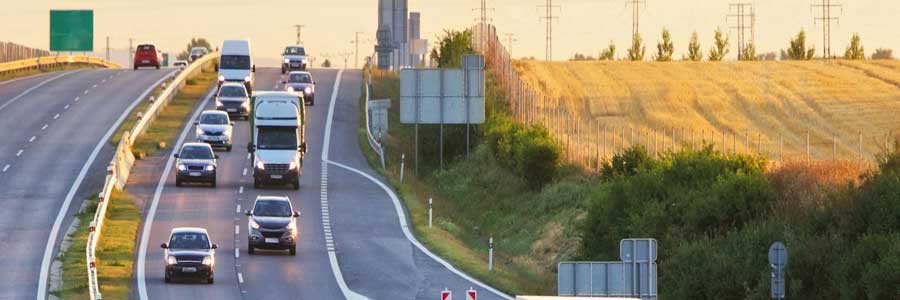
As lockdown has hit and many of us are now working from home, the rules of company and fleet vehicles become forgotten or hazy. We wanted to make sure our customers stay clued up on what company and fleet cars are and the rules that surround them, so no one gets caught out with fines. This article will explain what exactly a fleet vehicle is and what a company vehicle is. Furthermore, it will explain the rules for each one of these and what to watch out for when deciding whether to return back to work and what to do about your office space.

Company Vehicles
Company cars are the most common type of vehicle that is given to an employee or director. It is considered a perk of a job, and normally given to people who need to drive as part of their job. It is allowed to be kept at home and also used for personal miles. How the finance and whether you get fuel benefit is up to you and your employer and what they decide so it’s best to know the entire ins and outs of the agreement you make before saying yes.
Another thing to take into account is that a P11D form has to be completed before being allowed the car which will determine how much tax you pay on the car. This percentage is normally deducted from your monthly pay. A P11D is a form that is sent out annually to the HMRC by an employer which states the benefits that the employer receives from the company car.
Our Managing Director, Andy Turner of Devonshire Green Accountants London, suggests, “anyone who may be offered the benefit in kind of a company car needs to make sure that they are fully aware of the full potential tax implications which can change dramatically depending on the individual’s employment circumstances, such as personal usage.”

Fleet Vehicles
A fleet vehicle, on the other hand, is a car, truck, or any other type of vehicle that has been bought or leased by the company for their employees use, which they can pay off monthly like finance back to the company. However, with these vehicles, it is strictly business use only, the only personal use allowed is incidental. After agreeing to use one of these vehicles, an agreement between you and your authority needs to be signed stating that you won’t use the vehicle for personal use. All journeys made in the vehicle need to be logged so it can be tracked where the car is going and what it’s being used for.
The DVLA explains here how fleet schemes work and what is required for them, as well as what you benefit from fleet vehicles. There are many different requirements that the HMRC has to put the vehicle through to satisfy that it is, in fact, a fleet vehicle. This means that if HMRC then ever conduct an investigation on the vehicle and then found out it was being used for personal trips, or kept at home, there could be consequences. This could result in several years of backdated tax and if this happens, it’s important to seek professional advice.

What To Watch Out For
Now, we know that due to lockdown and having to work from home, it means that most of us and now not having to drive to work and back and will only be using a car for necessary, personal trips. You need to make sure that, even at a time like this, a fleet vehicle isn’t taken home as it risks that vehicle being classed as a company car which means lots of different fees. As mentioned above, it can also result in a considerable fine.
Another aspect to keep in mind is that if you’re looking to close down your office but have fleet vehicles leased to it, there are huge tax implications if those vehicles now don’t live at a company location. So, it may be better for you to look into downsizing rather than selling, or switching fleet vehicles to company cars.
If you’ve been stuck inside the house too long and now forgotten about your car and how you can use it, we can help you out! At Devonshire Green Accountants, we offer a number of business and personal accounting services. Our accountants are based in London & Kent and offer a free, no-obligation consultation. Contact us today to discuss your vehicle’s policies and what you are able to use it for.

